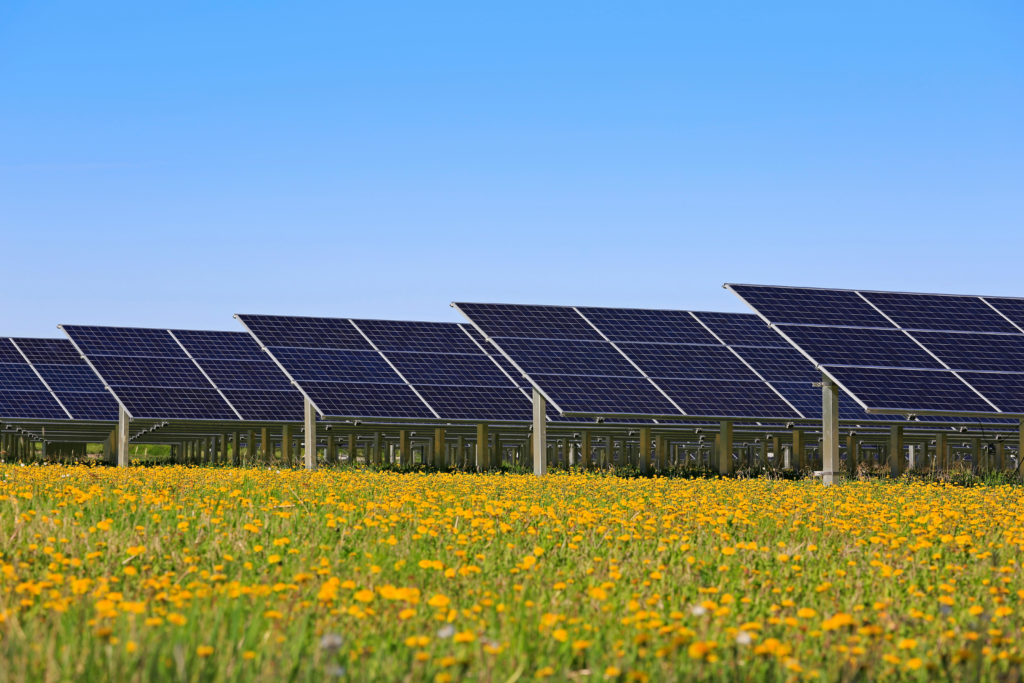TASHKENT
Uzbekistan has launched the country’s first utility-scale solar plant, the first independent power producer (IPP) solar project worth $110 million implemented by Abu Dhabi Future Energy Company PJSC (Masdar).
The 100-megawatt photovoltaic station in the Karmana district of the central Navoi region is designed to produce enough power for 31,000 households and eliminate 160,000 tonnes of CO2 emissions annually.
“The demand for electricity will reach 100 billion kilowatt-hours. This is 30 billion kilowatt-hours more than we have now. Therefore, we have very big plans for the implementation of new reforms and projects in the electric power industry,” Uzbekistan’s President Shavkat Mirziyoyev said at a launching ceremony.
The Central Asian country has been carrying out reforms in its energy sector to modernise ageing infrastructure and implement energy-efficient technologies, as well as to develop clean energy.
Uzbekistan plans to bring the share of alternative energy sources in the total energy balance of the country to 25 percent, which in turn will reduce its energy dependence on gas and coal.
In April, Mirziyoyev signed a decree to build hydrogen energy infrastructure to help Uzbekistan’s transition to a greener economy.
Speaking at the launching ceremony, the president said all necessary conditions would be created for private investors to produce up to 50 percent of the country’s electricity by 2025.
The project is a part of Masdar’s larger investment portfolio in the region. One of the world’s leading renewable energy companies has also won several energy projects in Uzbekistan and signed power purchase agreements with the government to become the largest private investor renewable energy sector of the Central Asian nation.
One of the projects includes developing the largest wind farm in Central Asia, with a capacity of 1.5 gigawatts, calling for $1.8 billion in investment.
Over the next five years, an additional 11,5000 megawatts of new capacities will be commissioned in 19 projects worth $6.5 billion. By 2030, the share of renewable sources in the structure of electricity generation will exceed 30 percent, according to Uzbek officials.
“I look forward to continuing our highly successful collaboration with the government of Uzbekistan through our strong portfolio of wind and solar projects with a total capacity of around 2.5 gigawatts in the country, a key strategic investment destination for Masdar,” Mohamed Jameel Al Ramahi, Masdar’s CEO, said.
Over the past six months of this year, Uzbekistan has signed 10 contracts for the construction of thermal, solar and wind power plants in the electric power industry with a total capacity of 4,341 megawatts, about a third of the current capacity of power plants in the country.
The country hopes to increase its photovoltaic solar plant capacity from the current forecast of 5 gigawatts to 7 gigawatts and wind power generation from 3 gigawatts to 5 gigawatts, according to its updated energy development concept.
Masdar, which is owned by Mubadala Investment Company, operates in more than 30 countries with a total renewable energy capacity of 10.7 gigawatts representing a combined investment of approximately $19.9 billion. It is also active in other former Soviet countries, including Azerbaijan, Armenia and Kazakhstan.

